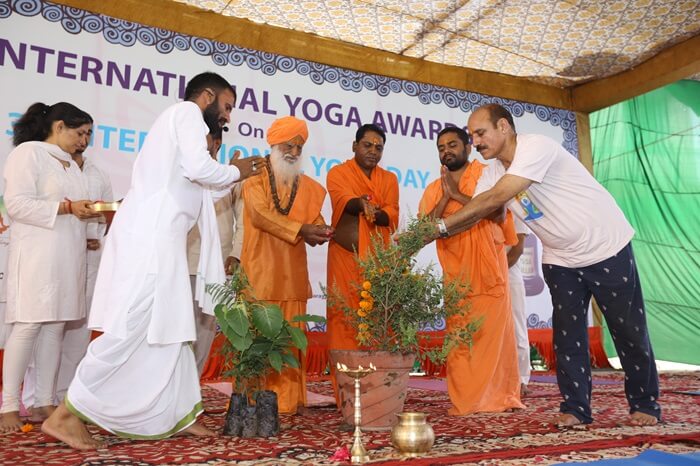Understanding Yamas and Niyamas: Foundations of Ethical Living through Yoga
As Karl Marx once said, “All that is solid will melt,” he anticipated the transformations that society might face amid technological advancements and the profound impact of globalization. In his Communist Manifesto, Marx forecasted that the relentless pursuit of new markets and opportunities would inevitably alter traditional social structures. The relentless ambition of those driven by financial gain often leads to a disregard for the ethics and morals that underpin human existence.
When pursuing financial success, it’s easy to compromise ethics. Many ancient arts and traditional scriptures emphasize the importance of ethical living for a fulfilled life. Yoga, a profound gift from cultural heritage, teaches fundamental principles essential for ethical living. These principles, known as Yamas and Niyamas, are timeless and can be accepted at any stage in life. They offer a path to becoming more compassionate and nurturing.

Yamas and Niyamas: What Are They?
The practice of Yoga helps individuals improve their relationships and personal well-being by addressing ignorance, anger, and interpersonal skills. Yamas and Niyamas are core concepts that guide individuals towards higher self-awareness through Yoga and meditation.
Yamas: Principles of Ethical Conduct
Yamas are ethical guidelines that encourage individuals to master emotional and behavioral patterns for a better life:
- Ahimsa (Non-Violence)
Incorporating Yoga into your life can help restore moral values and promote a peaceful existence. A balanced mind and heart lead to a more focused and harmonious life. - Satya (Truthfulness)
Integrity and honesty are crucial for resolving life’s challenges. Practicing Satya helps eliminate negativity and promotes authenticity. - Asteya (Non-Stealing)
This principle involves maintaining originality and respecting others. It encourages acknowledging others’ contributions and fostering joy without depriving others of their happiness. - Brahmacharya (Non-Excess or Celibacy)
Brahmacharya teaches the importance of directing energy towards meaningful pursuits and avoiding distractions that lead to fleeting pleasure. It helps in identifying one’s true purpose and resisting temporary temptations. - Aparigraha (Non-Possessiveness)
This principle emphasizes the importance of letting go of greed and attachment. It encourages accepting freedom and appreciating the present moment.
Niyamas: Personal Observances
Niyamas are practices that cultivate personal growth and inner happiness:
- Saucha (Purity)
Just as a clean environment attracts abundance, a pure soul attracts positivity. Saucha involves purifying thoughts to radiate peace and contentment. - Santosha (Contentment)
This principle teaches the value of being satisfied with what you have and distinguishing between genuine desires and greed. Contentment leads to true fulfillment and service. - Tapas (Self-Discipline)
Self-discipline is crucial for success in various life aspects. Tapas involves training the senses to enhance spiritual and personal growth. - Svadhyaya (Inner Exploration)
Inner exploration involves understanding your thought patterns and past traumas. It encourages self-reflection to better understand your behavior and reactions. - Ishvara Pranidhana (Surrender)
This principle emphasizes surrendering to the divine and acting selflessly. It teaches letting go of arrogance and greed, embracing the reality of being a soul experiencing a human existence.
Experience the Impact of Yamas and Niyamas
Yoga often faces criticism for not delivering immediate results in soul enlightenment. However, as you engage more deeply in Yoga practice and related discussions, you will experience a profound sense of enlightenment. Research on mindfulness and body appreciation indicates that Yoga and meditation bring love and light into one’s life, fostering a positive self-image. After a 16-week course, participants reported increased happiness, reduced body image issues, and liberation from negative life cycles.
Conclusion
It’s time to deepen your Yoga practice and explore its transformative power. Discover the art of daily Yoga and embark on a journey of self-discovery by registering for Yoga Teacher Training in India. Whether you choose the 200 Hour Yoga Teacher Training, 300 Hour Yoga Teacher Training India, each program offers a unique opportunity to enhance your practice and understanding of Yoga. Explore our Ayurveda Retreat in India and Yoga Retreats in India to enrich your journey further.
















